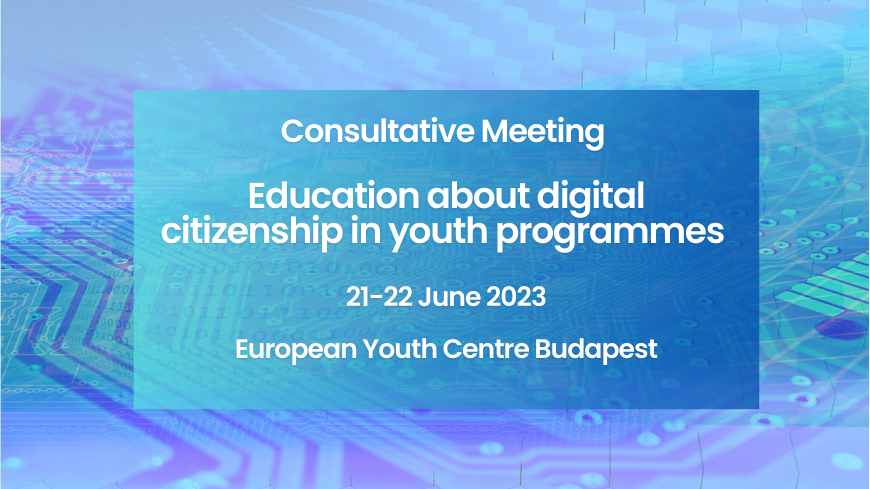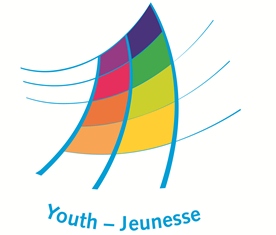
The Youth Department has worked significantly in the past 10 years on questions pertaining digitalisation, human rights, democracy, and young people. The No Hate Speech Movement Youth Campaign brought the question of hate speech online and its impact on young people.
Numerous tools and initiatives were developed through the campaign, including Bookmarks – A Manual for Combatting Hate Speech Online through Human Right Education. The campaign also brought to the attention the question of youth participation in decision making concerning the Internet, particularly in connection with the Internet Governance Forum and other similar fora.
Artificial intelligence was also tackled through a series of seminars and training courses, with aimed to further equip young people, youth workers and trainers with the relevant competences in respect to understanding and using artificial intelligence, and meaningfully participating in public debates about it.[1]
The question of digitalisation was also picked up in the campaign Democracy Here | Democracy Now, including the flagship activity of the campaign in 2022, the Youth Action Week. The Call for Action that resulted from the activity invites stakeholders to secure “Accessibility and free access to Internet and technology”, as well as formal and non-formal digital citizenship opportunities.
Digital technologies have also been significantly used in the education and training work of the Youth Department, with a focus on hybrid learning that attempted to secure the principles and educational approaches underpinning human rights education and non-formal learning.
Further developing education for citizenship and human rights in the digital era involves engagement with digital technologies and stakeholders associated with it, from companies to governments and international organisations, and requires a reflection not only on the content of learning, but also the process of learning and the underpinning educational approaches and human rights standards.
Given the complexity of the issues, the Council of Europe Youth Department organises a consultative meeting bringing together experts and stakeholders of the youth sector to reflect how to integrate digital citizenship in the Youth for Democracy programme in the period 2024-2027, particularly in respect to non-formal education, youth work, human rights education and youth participation.
[1] To read more about the work of the Youth Department on Artificial Intelligence: https://www.coe.int/en/web/youth/artificial-intelligence
 The consultative meeting
The consultative meeting
The consultative meeting will bring together experts and practitioners in in digital citizenship matters, including youth work and human rights education practitioners, with a view to:
- develop a common understanding of key concepts and definitions underpinning digital citizenship and digital citizenship education
- share and learn from practices and research on digital citizenship and digital citizenship education
- review the competences that young people need in order to fulfil their human rights and participate in democratic life in the digital environment
- make proposals to consistently integrate and address digital citizenship in the Youth for Democracy programme in the period 2024-2027, particularly in respect to non-formal education and youth work, human rights education and youth participation (including participation in decision making concerning Artificial Intelligence and Internet Governance).
 Participants
Participants
The consultative meeting will bring together some 15 experts and practitioners, representing a wide range of stakeholders involved in digital citizenship and human rights education with the Council of Europe and its partners, including:
- youth organisations and civil society actors implementing programmes, research in the field of digital citizenship education and connected fields
- representatives of the statutory bodies of the Youth Department
- other Council of Europe sectors involved in digital citizenship education, notably formal education and children’s rights
- trainers, youth workers and educators active with the Youth Department of the Council of Europe.









